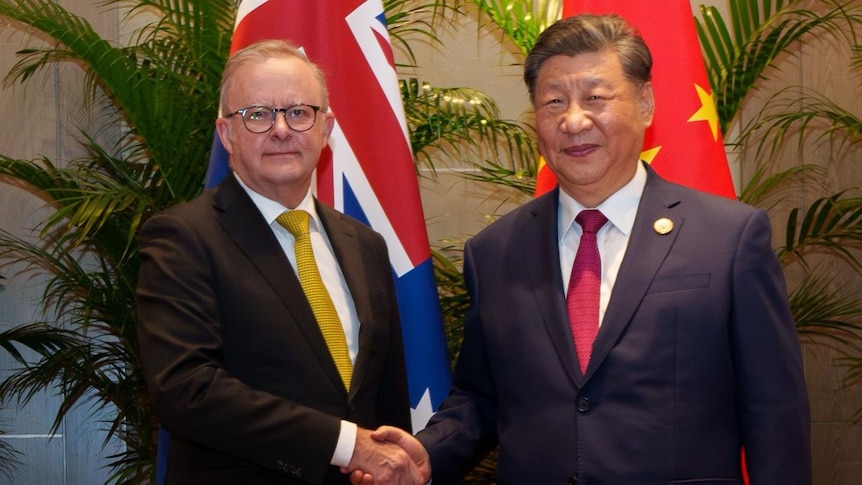
Australian Prime Minister Anthony Albanese embarks on a significant six-day diplomatic trip to China, beginning tomorrow. The visit, which includes stops in Beijing, Shanghai, and Chengdu, centers on annual leaders’ talks with China’s Premier Li Qiang and a meeting with President Xi Jinping. This trip comes at a pivotal moment, as Australia seeks to balance its economic ties with China against the backdrop of former US President Donald Trump’s unpredictable trade policies.
Jobs and Economic Ties at the Forefront
At the heart of Albanese’s discussions will be the issue of jobs. China continues to be Australia’s largest export market, and the relationship has shown signs of recovery as Beijing has lifted various trade barriers. In April, Australian beef exports to China reached record levels, underscoring the economic importance of this partnership.
Accompanying Albanese will be a delegation of prominent business leaders from sectors such as finance, resources, agriculture, and education. With China’s burgeoning middle class, opportunities for Australian businesses are abundant. Despite ongoing efforts to diversify trade relationships, the reality remains that no alternative market can match the scale and growth potential of China.
Nonetheless, there are boundaries to this engagement. The Australian government has been cautious in its approach, maintaining a stance of “stabilisation” while also acknowledging that China expects political concessions in exchange for economic cooperation. Recently, during a meeting with Australian officials, Chinese Ambassador Xiao Qian suggested expanding the free-trade agreement to include emerging sectors like artificial intelligence (AI). Albanese remained non-committal, reflecting the delicate nature of such negotiations.
Sensitive Topics and Strategic Concerns
Several sensitive issues are likely to arise during the trip, particularly concerning Australian infrastructure. The Port of Darwin is a point of contention, with the Australian government committed to transferring its ownership from the Chinese company Landbridge to an Australian entity. This decision has drawn sharp criticism from Beijing, which accuses Australia of unfair discrimination. Nonetheless, Treasurer Jim Chalmers reaffirmed the government’s commitment to this change, stating, “We will see the Port of Darwin return to Australian hands.”
In addition to trade discussions, Albanese is expected to address broader security concerns, especially given Australia’s apprehensions about China’s military ambitions in the Pacific. The recent activity of the People’s Liberation Army Navy around Australia has heightened these fears. Furthermore, ongoing reports of Chinese efforts to compromise Australian infrastructure have kept security agencies on high alert.
Australia’s Foreign Minister Penny Wong highlighted the necessity of engaging with China, emphasizing its role in addressing global challenges, including climate change and public health. The Australian government is keen to explore avenues for climate cooperation, particularly since China is a leading producer of renewable energy technologies. Albanese has indicated that announcements regarding collaboration in green energy may emerge during the visit.
With Trump’s tariff agenda looming, Albanese is under pressure to maintain a stable relationship with the United States while navigating the complexities of Chinese diplomacy. The potential for tariffs to disrupt Australian exports is a concern, leading analysts like Richard McGregor from the Lowy Institute to warn that Australia is “getting it from both sides.” As Albanese prepares for discussions, the focus will be on how to manage these competing pressures without compromising national interests.
In conclusion, Albanese’s trip to China is fraught with challenges but also ripe with opportunities. Balancing economic imperatives with national security concerns will be crucial as he engages with Chinese leaders over the coming days. The outcomes of these discussions will likely shape Australia’s diplomatic landscape for years to come.







